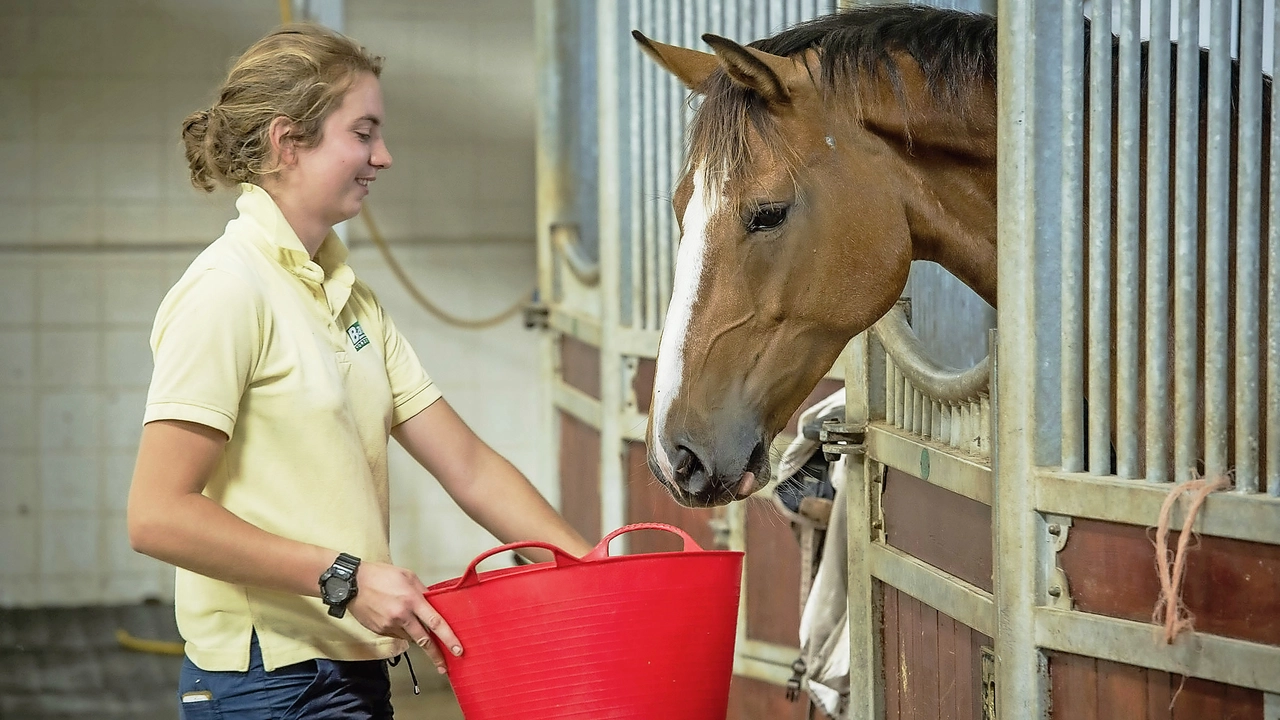What You Need to Know Before Owning a Horse
Thinking about buying a horse? You’re about to step into a world that’s rewarding but demanding. Before you sign any papers, get a clear picture of the daily chores, money you’ll spend, and the time you’ll need to give.
A horse isn’t a pet you can leave alone for a weekend. It’s a large, active animal that expects fresh hay, clean water, and regular attention. If you can’t commit to routine feeding, grooming, and exercise, you’ll quickly find yourself overwhelmed.
Money Matters: Real Costs of Horse Ownership
Most new owners underestimate how much a horse costs. Feed alone can run $150‑$300 a month, depending on the region and the horse’s size. Add bedding, supplements, and occasional treats, and you’re looking at $200‑$400 monthly.
Housing is another big ticket. Boarding at a reputable stable can be $300‑$800 per month. If you own land, you’ll need a safe, well‑maintained stall, fencing, and a shelter. Build or rent a barn, and the upfront cost can easily top $10,000.
Veterinary care isn’t optional. Routine exams, vaccinations, and dental work can total $500‑$1,000 a year. Emergencies, like colic or lameness, can push the bill into thousands. Having a budget for unexpected health issues is a must.
Daily Care and Time Commitment
Every day you’ll need to:
- Check water and feed fresh hay or grain.
- Clean the stall and replace bedding.
- Groom the horse – brush coat, check hooves, and look for injuries.
- Exercise – a ride, a lunging session, or a turnout.
That adds up to at least an hour or two each day, plus weekends for longer rides or training. If you work full‑time, you’ll need a reliable barn manager or partner to share responsibilities.
Beyond the physical work, horses have emotional needs. They thrive on routine and human interaction. Ignoring these signals can lead to behavior problems or stress.
Before you commit, write a simple spreadsheet: list feed, boarding, vet, farrier, tack, and insurance costs. Compare that to your monthly budget. If you can comfortably cover these items, you’re on solid ground.
Finally, think about long‑term plans. Horses can live 25‑30 years, sometimes longer. Consider where you’ll be in five, ten, or fifteen years. Will you still have the space, finances, and passion?
Owning a horse is a partnership. The rewards – feeling the wind in your hair, the bond you build, the confidence you gain – are huge. But they come with real responsibilities. Take the time to evaluate your readiness now, and you’ll set yourself up for a happy, healthy journey with your equine companion.

Alright folks, saddle up because we're about to gallop into the exciting world of horse ownership. First off, owning a horse isn't just like having a big, hay-eating dog, it's a full-blown commitment. It's like having a large, majestic, four-legged, hay-munching teenager that requires constant care, attention, and yes, money. You'll need to consider everything from food, shelter, and healthcare, to the emotional needs of your equine buddy. So, if you're ready to dive-hoof-first into this adventure, just remember, it's not a one-gallop show, it's a marathon!
Read more
